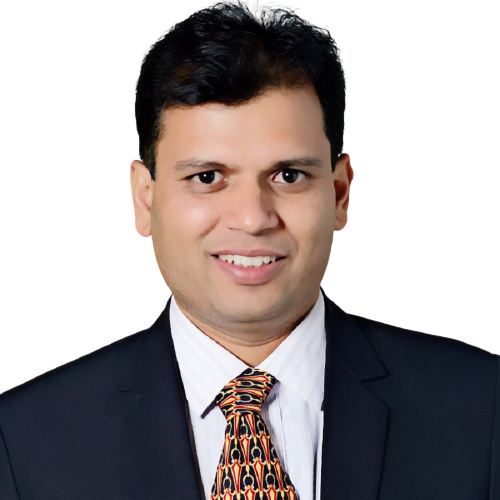8. Life Story
Sunil’s life-journey continues to be an inspiration to millions of youths. His journey, spanning from being the first in his family to go to school to earn a graduate degree from one of the world’s top universities, MIT, can also be seen as a journey of surmounting the English language barrier and eventually being able to help millions of students to learn languages using technology.
Sunil was born into a poor farmer family of the Mahiravani village in the Nashik district of Maharashtra on June 1st, 1978. He had to walk barefoot, 14-kilometer daily to school. At one point, he almost had to quit his dream-of-education, because he did not know English. But with the help of a small dictionary given by a professor, he persevered, and eventually, he not only graduated but decided that he wanted to help millions of students like him who were facing similar difficulties.
He had an idea to build some sort of computer language program, but he did not know anything about programming. He applied to a computer training institute and was accepted, but was denied admission due to his inability to pay the course fees.
Inspired by the mythological story of Eklavya, the loyal and brave student in the Sanskrit epic of Mahabharata, Sunil taught himself computer programming by locking himself in a tiny room for almost six months with borrowed computer and books. After the first few months of continuous sitting, he experienced such extreme back-pain that he had to undergo tailbone-surgery. Doctors and family-members advised him to stop his madness, but he persevered, and his passion resulted in the world’s first-ever Marathi language search-engine which Sunil called “Marathi Talking Dictionary“. This search-engine became widely popular and the overwhelmingly positive response motivated him to design technology-platforms for multiple Indian languages. He worked with linguists, subject-experts, institutions, and universities throughout the nation.
Since that first project in 1998, Sunil has successfully built over one hundred of award-winning software programs for computers and laptops, applications for smartphones and tablets, web services, and SMS-based interactive dictionaries. His online digital-dictionary-translation-platform KANDBAHALE.COM presently includes Assamese, Bengali, Bodo, Dogri, Gujarati, Hindi, Konkani, Kannada, Kashmiri, Maithili, Malayalam, Manipuri, Marathi, Nepali, Oriya, Punjabi, Sanskrit, Santali, Sindhi, Tamil, Telugu, and Urdu (all the 22 official-languages of India) with an extensive vocabulary of over 10 million words and phrases. The platform is being used by over one hundred million users daily for research, translation, and second language acquisition across 150 countries.
Sunil has made all of his innovations freely available and accessible to all, in the interest of the greatest possible social impact. His other language projects, including Global-Language-Networking to unite the cultures, Global-Language-Heritage to save endangered languages, Global-Language-Environment to promote digital practices, and Global-Language-Friendship for world-peace, have contributed towards the preservation and promotion of the Indian regional languages and the engagement of communities worldwide.
In 2016, after graduating from Massachusetts Institute of Technology, instead of joining the lavish corporate-world, Sunil chose to return to India to serve his home country.
He has been globally recognized for his innovative “two-fold-social-engineering” approach to create opportunities for the local human capital and solve grass-roots social-challenges by bringing people and technology together.
His technology initiative called “Kumbhathon” (Hackathon-for-Kumbh) originated during the Kumbh-Mela, the world’s most populated pilgrimage and holy-festival event in 2015 in Nashik; Sunil conceptualized the “multi-stakeholder-technology-innovations model” for the success of. He brought together the local government, industry-entrepreneurs, innovators, academia, communities and invited technologists from Google, Facebook, Microsoft, Twitter and scientists from MIT, Harvard, Stanford to solve diverse challenges such as transportation, communication, accommodation, health, hygiene, injuries and accidents, safety, security, and clean food and water. This initiative led to over 20 start-ups and the establishment of a permanent innovation-incubation-entrepreneurship center in Nashik.

